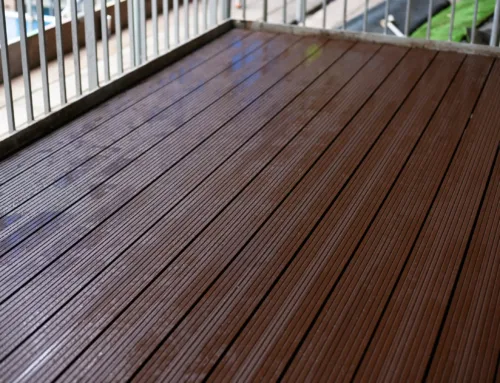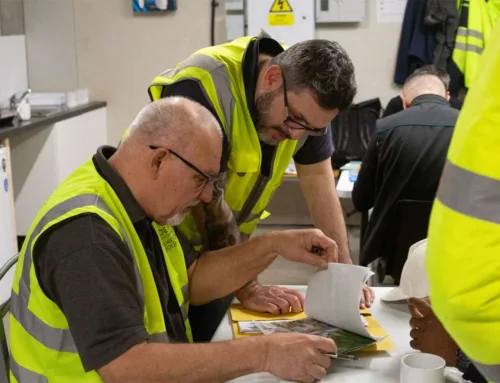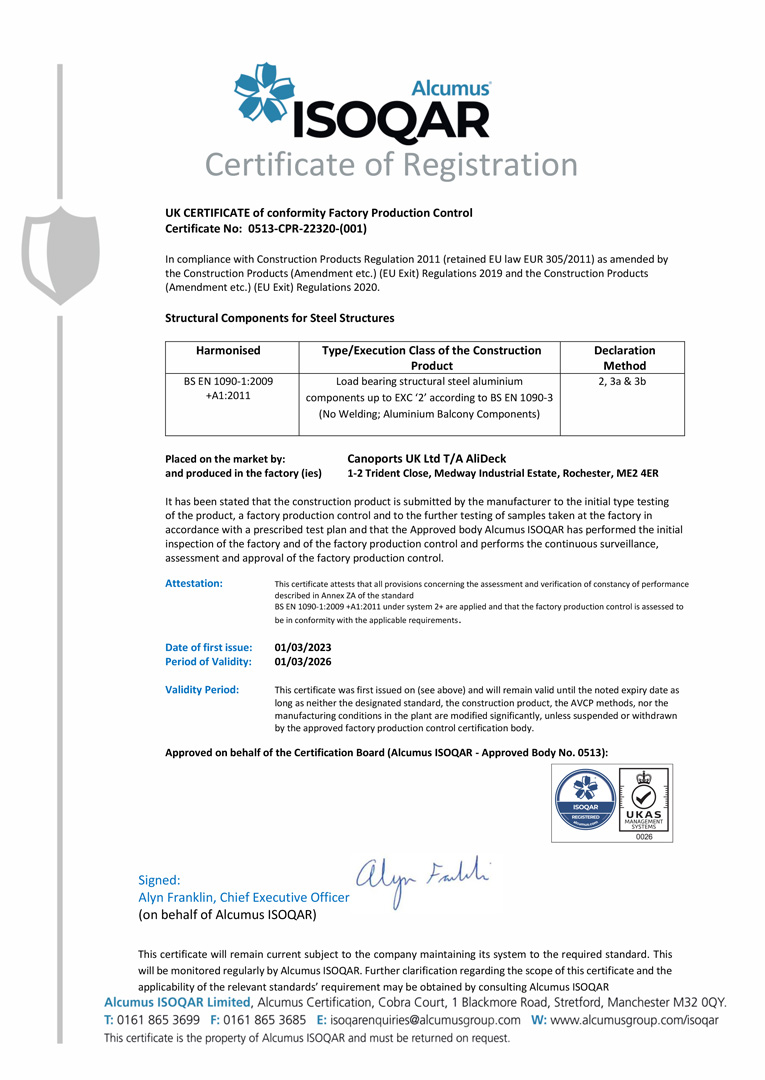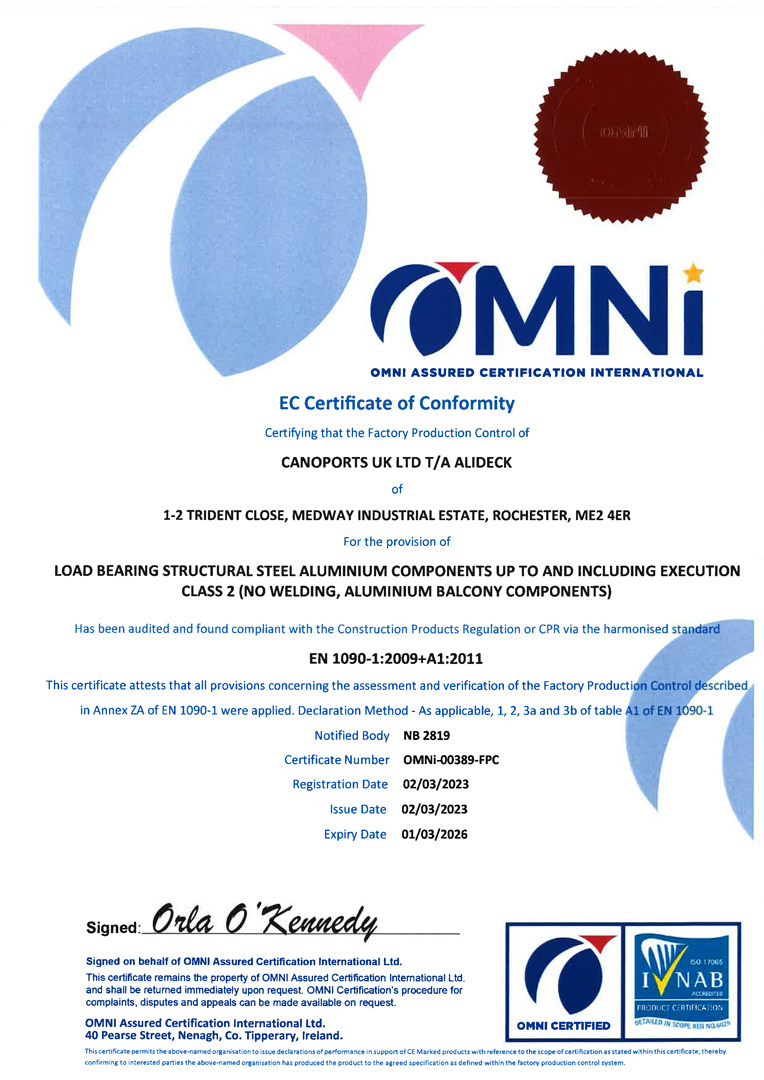CIC recommends to Government that combustible materials ban should be extended to include care homes, schools, and more
The Construction Industry Council (CIC) made an intervention to the ongoing debate regarding the use of combustible materials in buildings this week when they recommended that the government extends the ban to include a wider range of buildings than currently proposed, including care homes and schools.

Making the recommendation in response to the recently-ended Government consultation launched in January, the CIC supports the Government’s proposals but wants to see them go further. Indeed, CIC Chief Executive Graham Watts said that “we need to do more to protect the safety of the most vulnerable in society”, and that a risk-based assessment approach would be desirable.
The impact of such a risk-based approach would be that the currently-proposed minimum height of 11 metres before the regulations take effect could be disregarded in cases where the capacity for escape is reduced, such as in care homes or hospitals, or where young people and the public assemble, such as schools or theatres, libraries, and so on.
Clearly, this is a major development in the potential course of the ongoing new legislation currently in front of Parliament. Whilst there is a long way to go before the new law is in the statute books, there are clear indications of the likely direction of travel, both in the First Reading of the Fire Safety Bill and now this intervention by the CIC.
With AliDeck’s aluminium metal decking products achieving non-combustible fire ratings of A2-s1, d0 and A2fl-s1, our fully compliant AliDeck System is an ideal solution for the replacement of timber or composite combustible decking materials. With the potential for schools in particular to be required to replace combustible materials at any height level (including ground), our recently-launched, cost-effective AliDeck Lite Board and Lite Joist could be just the solution that local authorities and school governors are looking for.
We’ll continue to closely follow the progress of this essential legislation as it moves closer to becoming law.








